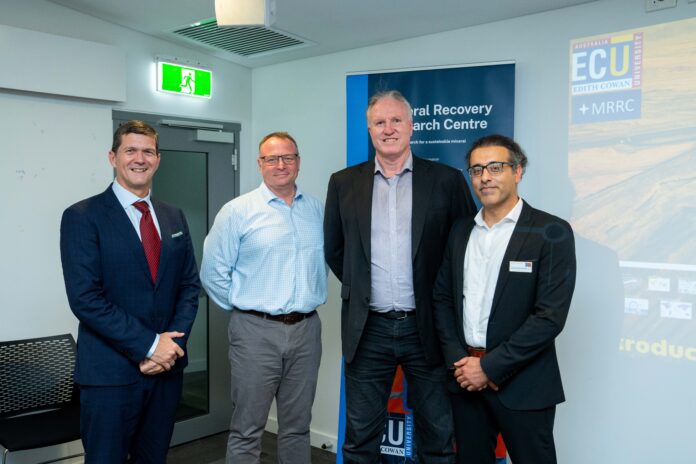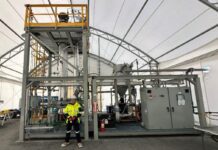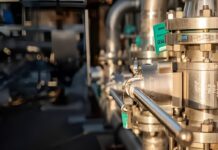
Edith Cowan University (ECU) and the Minerals Research Institute of Western Australia (MRIWA) held a kick-off meeting at ECU’s Joondalup campus to discuss a $450,000 investment from the state government toward a new lithium extraction pilot project.
“This is just the first step in an incredibly important venture between ECU and MRIWA,” said ECU Associate Professor Amir Razmjou, the project lead.
He continued, “It is set to change the future of direct lithium extraction (DLE). We anticipate the future value for this pilot to expand over time from $4 million in the first five years, and up to $20 million at the commercialisation stages.”
According to the university, the growing dependence on lithium for electric vehicles and renewable energy storage has created an urgent need for alternative extraction methods.
Currently, global demand for lithium is around 700,000 tonnes per annum and is expected to rise to 4,000,000 tonnes by 2035.
Despite its abundance, lithium extraction poses significant environmental challenges.
“The problem is for every one tonne of lithium chemical we produce, it directly results in 15 tonnes of carbon dioxide,” explained Associate Professor Razmjou.
“Furthermore, lithium extraction requires large amounts of water, about 60,000 to 80,000 litres per tonne, which can also poison reservoirs and other water sources.”
The new pilot project aims to improve the productivity of lithium extraction while reducing its environmental impact. The technology also allows by-products to be recirculated, lowering overall costs.
“MRIWA is pleased to be able to support this innovative technology for a critical battery mineral that will reduce the carbon footprint of the value chain,” said MRIWA Research Portfolio Manager David Trotter.
“The ECU team is well placed to make the connection with future Lithium producers who want to produce the best products for its customers.”
Associate Professor Razmjou and his team of chemical engineers at ECU are using membrane technology to extract lithium.
These membranes act as filters, allowing the transportation of lithium at low energy.
“The nanochannels within the membranes are designed to selectively transport lithium from one side to the other, leaving impurities behind,” he said.
“This technology enables the selective filtration of lithium ions under an electric field, similar to how lithium-ion batteries work, shuttling lithium ions between two electrodes.”
The kick-off meeting was attended by 25 engineering, sustainability, and industry leaders, including Associate Professor Amir Razmjou, ECU’s School of Engineering Executive Dean Professor Paulo De Souza, and MRIWA Research Portfolio Managers Tim Walton and David Trotter.
“We are undertaking research that meets the needs of the industry,” said Professor Paulo de Souza. “This is all about making a difference for a global, more sustainable future.”
Associate Professor Razmjou highlighted the broader potential of the project.
“This integration with renewable energy can result in zero-lithium mining. The potential that comes with a project like this is endless, with a new DLE manufacturing line comes a new supply chain, and with it, job opportunities,” concluded Razmjou.


















